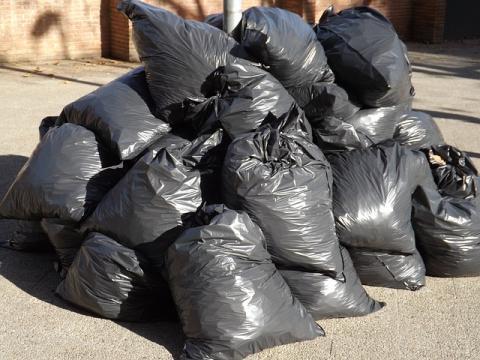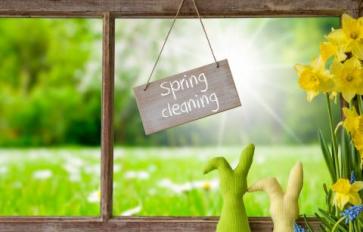
More and more states are jumping on board for the Plastic Bag Ban, and with good reason. Plastic makes up a big chunk of the landfills here in the United States. These bag bans are strategies being put in place in order to reduce the use of plastic carryout bags from grocers and other retail stores.
Plastic bags, along with most plastic products, have a huge negative impact on the environment. The waters, woodlands, forests, and all wildlife suffer from humans’ wastefulness. Plastic bags do not break down easily or in a readily manner. It can take anywhere from 20 to 1,000 years for plastic to completely break down. Animals get caught up in the bags, stuck, snagged, strangled, and choked. The bags get into the ground and strangle the roots of plants, killing them. The cleanup of all of the plastic (even the recycling process) is costly. These bags blow all around the Earth, clogging up waterways and drains, causing flooding.
The great thing is that there are much safer eco-friendly alternatives and solutions to these issues at hand. In 2014, California became the first state to enact legislation imposing a statewide ban on single-use plastic bags at ALL retail stores. There is also a required ten-cent fee for recycled paper bags, reusable bags, and compostable bags. Hawaii has a defacto statewide ban prohibiting non-biodegradable plastic bags and bags containing less than 40% recycled materials. Ever since California started making changes to better their carbon footprint, many states are following suit. 2015 – 2016 brought about at least 77 bills proposed by 23 different states pertaining to regulations of plastic bag bans in retail stores.
States With Bag Ban Bills Enacted
Arizona, California, Delaware, Washington D.C., Idaho, Illinois, Maine, Missouri, New York, Rhode Island
States With Pending Bills
Massachusetts, Pennsylvania, New Jersey, New York, Hawaii, Rhode Island
The regulations and restrictions that apply to plastic bags differ from state to state and even from county to county. More often, there are more areas cracking down on their overall recycling and reusable products. Some states simply charge extra taxes for people using plastic bags. More often than not, retail stores and grocery stores no longer offer the option of plastic bags. Instead, these stores provide reusable and recycled bags at the check-out counter. The general charge is only 10-cents per reusable bag, but you don’t have to keep buying them once you have enough.
Did you know that 63 pounds of plastic per person is added to the landfill every year? It is insane how much plastic is on the shore of the beaches -- 60% - 80% of the trash on the shore is plastic. The efforts taken by those trying to eliminate waste are becoming inspirations to others across the globe. It has to start somewhere and once again, California pulls through, coming in first.
Bag The Ban is an awesome website you can visit to find out exactly what’s going on with the plastic bag bans across the United States -- check it out and find your hometown. There are also little things you can do personally to help the environment without the requirement of a ban.
- Purchase reusable bags (cloth, not plastic).
- Recycle and reuse what you can, as often as you can.
- Avoid buying products packaged in plastic.
- Take action.
- Spread awareness.
It can be very difficult trying to shop like this when so many products are packaged in plastic, but remember the power of the people and the science behind supply and demand. For example, if all of the customers in a store refuse to by specific brands, those companies lose money. The decrease of income always makes them wonder why, and when they learn why more often than not they give us what we want. It might take a while for everyone to jump on board in the U.S., but it’s possible. For example, hemp products are beginning to take the place of plastics in the industry for several reasons, one of them being biodegradable plastic-like products. Take some time out and do a little research and find out how you can help make the planet healthier!








